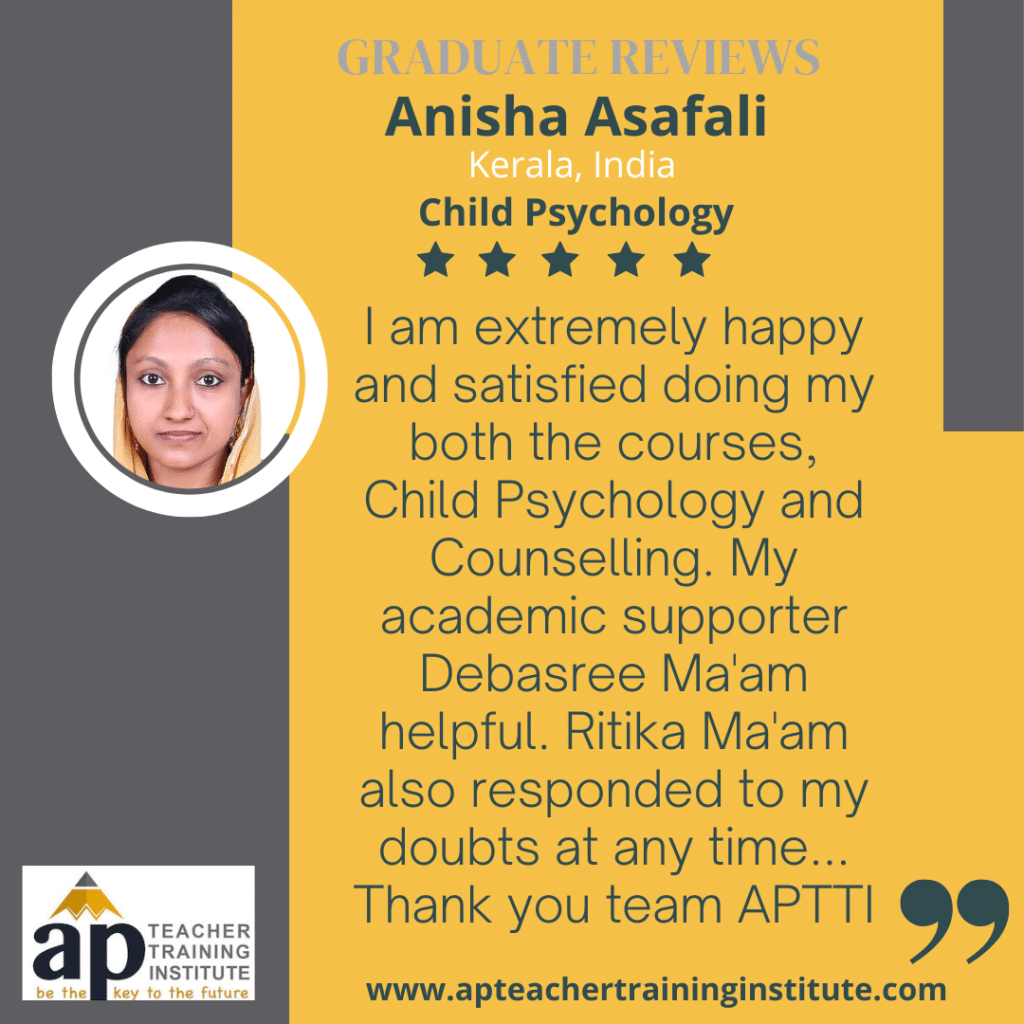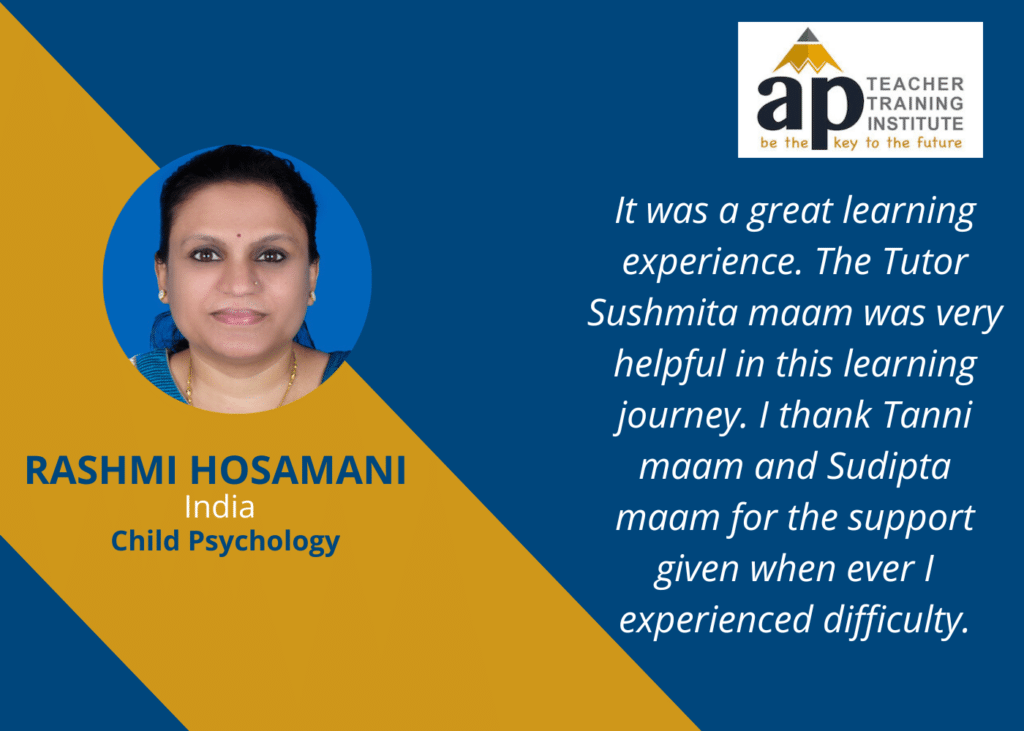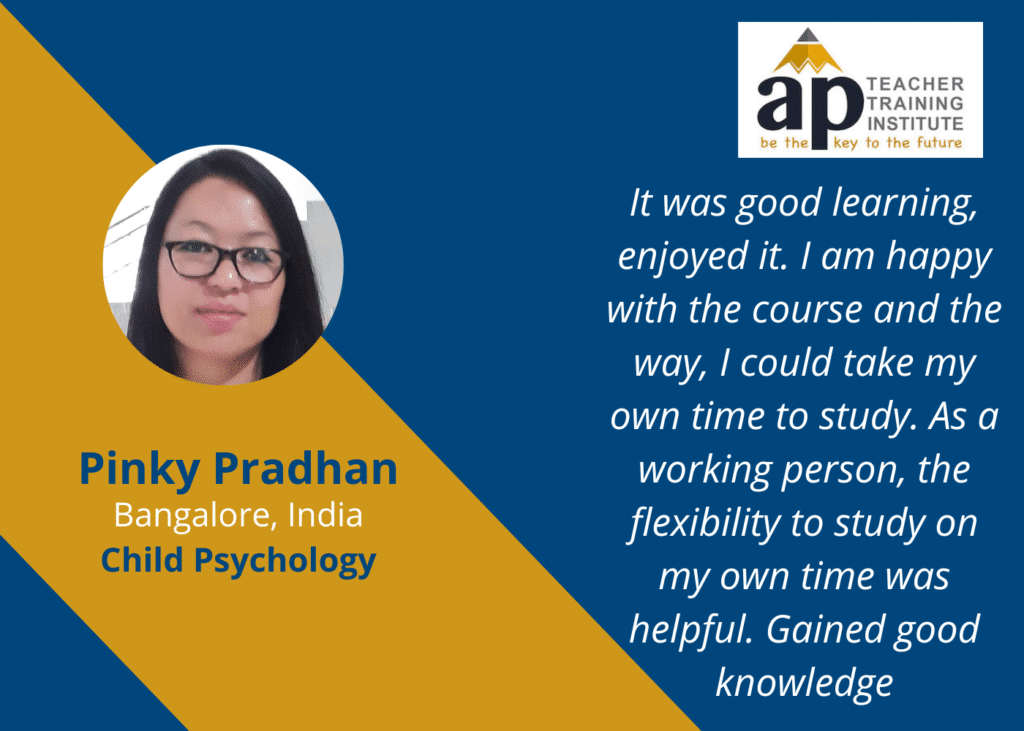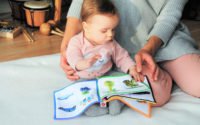How to Become a Teacher Skilled in Child Psychology in India: Complete Step-by-Step Path
In today’s fast-changing world, understanding child psychology is no longer optional for teachers—it’s essential. A teacher skilled in child psychology can shape young minds more effectively, help students overcome behavioural and learning challenges, and create a classroom environment where every child thrives.
If you want to become a teacher who not only teaches but also understands the emotional, cognitive, and social needs of students, you’re on the right path. In this guide, we’ll walk you through a complete step-by-step process to become a teacher skilled in child psychology in India, along with recommended training programs, eligibility, and career opportunities.
Why Teachers Need Child Psychology Skills?
Child psychology is the scientific study of how children grow, learn, and behave from infancy through adolescence. A teacher skilled in this area can:
- Understand learning patterns and design lessons that match students’ developmental stages.
- Identify behavioural issues like ADHD, autism spectrum disorder, or anxiety early.
- Support emotional growth by building empathy and resilience.
- Improve classroom management by using psychology-backed strategies.
According to the National Education Policy (NEP 2020), there is a growing demand for teachers who can nurture holistic child development and not just deliver academic content.

Step-by-Step Path to Becoming a Teacher Skilled in Child Psychology
Complete Your Basic Education
The first step is to complete 10+2 education from a recognized board. If you are already a graduate, you are a step ahead.
Choose the Right Teacher Training Course
To build expertise in child psychology, opt for a teacher training program that includes child development and psychology modules. Popular choices include:
- Nursery Teacher Training (NTT)
- Diploma in Early Childhood Care and Education (ECCE)
- Montessori Teacher Training
- B.Ed. or M.Ed. with a focus on Educational Psychology
You can explore professional teacher training programs offered by Online Teacher Training Institute, which include child psychology courses as part of their curriculum.

Study Child Psychology in Depth
Focus on learning topics like:
- Cognitive development (Piaget’s theory)
- Emotional and social development
- Classroom behavior management
- Special education needs (SEN)
- Positive reinforcement strategies

Gain Practical Experience
Internships and teaching practice are crucial. Real classroom experience helps you understand how to apply psychological principles when dealing with students of different ages and abilities.
Get Certified
Upon completion of your course, you’ll receive a recognized teaching certification that validates your skills. Employers often look for certified teachers with proven expertise in child psychology.

Keep Learning
Child psychology is an evolving field. Attend workshops, webinars, and professional development programs to stay updated on modern teaching practices and psychological research.
Career Opportunities After Becoming a Teacher Skilled in Child Psychology
Once you gain expertise, you can explore career opportunities such as:
- Pre-school Teacher – Guide early learners in their foundational years.
- Primary School Teacher – Use psychology to create a supportive learning environment.
- Child Psychologist Assistant – Work alongside professionals to support children with learning or emotional difficulties.
- Special Education Teacher – Work with children who have learning disabilities.
- Educational Consultant – Help schools design child-centred curriculums.
This skill set can also open doors to school counsellor roles, which are increasingly in demand in India.
What Are the Benefits of Becoming a Teacher Skilled in Child Psychology?
- Better Student Engagement – Lessons become interactive and enjoyable.
- Early Intervention – Spot learning difficulties early, improving outcomes.
- Career Growth – Schools prefer teachers with advanced skills.
- Personal Satisfaction – Make a real difference in children’s lives.
FAQs on Becoming a Teacher Skilled in Child Psychology
- What qualifications do I need to teach child psychology in India?
You typically need at least a diploma in teacher training (NTT, ECCE) or a B.Ed. with specialization in educational psychology. Additional certifications in child psychology can strengthen your profile.
- Can I take a teacher training course online?
Yes! Platforms like Online Teacher Training Institute offer 100% online courses in teacher training, including modules on child development and psychology.
- Do I need a psychology degree to teach children effectively?
Not necessarily. A teacher training diploma that includes child psychology subjects is sufficient for most teaching positions.
- What is the average salary of a teacher skilled in child psychology?
Salaries vary based on location and experience. On average, preschool and primary school teachers earn ₹15,000–₹40,000 per month, with opportunities to grow as you gain experience.
- How long does it take to become a teacher skilled in child psychology?
Diploma courses take 6 months to 1 year, while degree programs like B.Ed. take 2 years.
Final Thoughts
Becoming a teacher skilled in child psychology is a rewarding career choice. It allows you to guide children’s growth, support their emotional well-being, and create a lasting impact on their future.
If you’re ready to take the first step, explore professional teacher training programs today and start building a fulfilling teaching career.
Call to Action
Start Your Journey Today!
Enroll in a Child Psychology and Teacher Training Program with Online Teacher Training Institute and become a teacher who inspires, understands, and transforms young minds.


